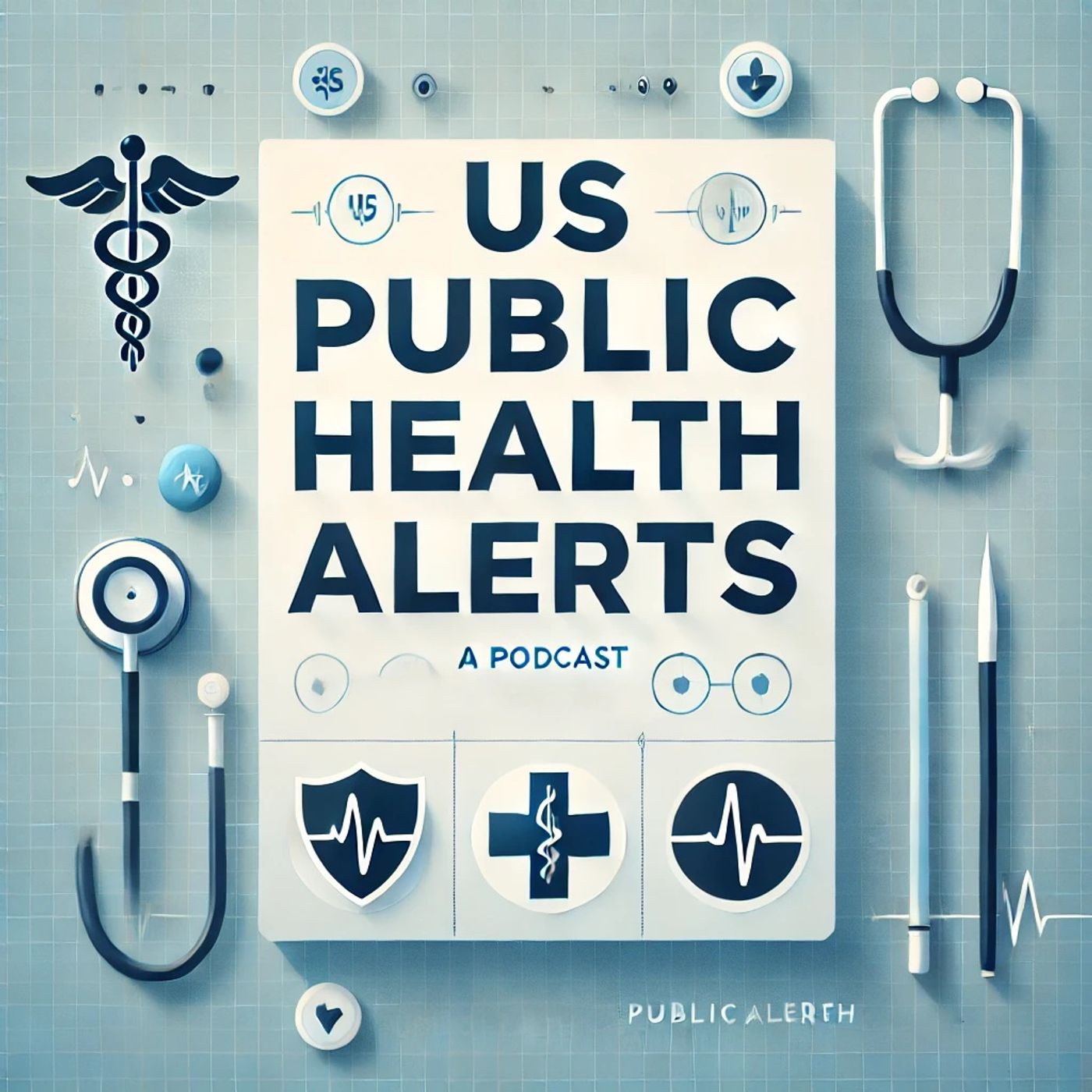Jan 30 2025 3 mins
As of January 30, 2025, public health alerts across the United States focus on seasonal and emerging concerns impacting communities. Health agencies emphasize vigilance regarding influenza, COVID-19, and RSV, given peak activity during colder months. These respiratory illnesses stress healthcare resources, necessitating preventive measures. Public health campaigns continue to advocate for vaccinations, especially flu shots and updated COVID-19 boosters, which remain the most effective strategies against severe illness and hospitalization. Those at higher risk, including the elderly and immunocompromised, are advised to seek vaccinations if they haven't yet.
The CDC issues alerts concerning the spread of a novel coronavirus variant detected in some regions. While initial studies indicate it is more transmissible, current vaccines likely provide adequate protection against severe outcomes. Health officials recommend maintaining familiar precautions—mask-wearing in crowded spaces and practicing hand hygiene—until further research confirms variant-specific details.
Rising cases of norovirus, often called the stomach flu, have prompted warnings, given its highly contagious nature. Typically causing gastrointestinal distress, norovirus outbreaks are particularly common in group settings like schools and care facilities. Public health experts advise frequent hand washing and disinfecting surfaces to limit transmission, especially as immunity from previous exposures offers limited protection.
Another key concern involves reports of measles outbreaks attributed to declining vaccination rates in certain areas. Measles is highly contagious, with potential complications ranging from pneumonia to encephalitis. Public health officials urge parents to ensure their children receive the MMR vaccine as recommended. They also remind listeners that vaccines have a long-standing safety record and are crucial in preventing outbreaks.
Environmental health alerts draw attention to cold temperatures affecting many parts of the country. These conditions pose risks such as hypothermia and frostbite, particularly among vulnerable populations. Listeners are encouraged to dress appropriately, limit time outdoors, and check on neighbors and relatives who might need assistance. Carbon monoxide poisoning risks increase with improper use of heaters inside homes—adequate ventilation and functioning detectors are important safety measures.
Finally, health advisories highlight mental health awareness during winter months. Seasonal Affective Disorder (SAD) affects individuals due to reduced daylight, contributing to symptoms like depression and low energy. Mental health professionals recommend strategies such as light therapy, physical activity, and reaching out for social support to alleviate symptoms. National helplines remain available for support, providing resources and guidance to those in need.
The U.S. public health system continues to monitor these issues, disseminating guidance through local and national channels. Keeping informed through credible sources, adhering to health recommendations, and supporting community efforts remain essential strategies in safeguarding public health.
The CDC issues alerts concerning the spread of a novel coronavirus variant detected in some regions. While initial studies indicate it is more transmissible, current vaccines likely provide adequate protection against severe outcomes. Health officials recommend maintaining familiar precautions—mask-wearing in crowded spaces and practicing hand hygiene—until further research confirms variant-specific details.
Rising cases of norovirus, often called the stomach flu, have prompted warnings, given its highly contagious nature. Typically causing gastrointestinal distress, norovirus outbreaks are particularly common in group settings like schools and care facilities. Public health experts advise frequent hand washing and disinfecting surfaces to limit transmission, especially as immunity from previous exposures offers limited protection.
Another key concern involves reports of measles outbreaks attributed to declining vaccination rates in certain areas. Measles is highly contagious, with potential complications ranging from pneumonia to encephalitis. Public health officials urge parents to ensure their children receive the MMR vaccine as recommended. They also remind listeners that vaccines have a long-standing safety record and are crucial in preventing outbreaks.
Environmental health alerts draw attention to cold temperatures affecting many parts of the country. These conditions pose risks such as hypothermia and frostbite, particularly among vulnerable populations. Listeners are encouraged to dress appropriately, limit time outdoors, and check on neighbors and relatives who might need assistance. Carbon monoxide poisoning risks increase with improper use of heaters inside homes—adequate ventilation and functioning detectors are important safety measures.
Finally, health advisories highlight mental health awareness during winter months. Seasonal Affective Disorder (SAD) affects individuals due to reduced daylight, contributing to symptoms like depression and low energy. Mental health professionals recommend strategies such as light therapy, physical activity, and reaching out for social support to alleviate symptoms. National helplines remain available for support, providing resources and guidance to those in need.
The U.S. public health system continues to monitor these issues, disseminating guidance through local and national channels. Keeping informed through credible sources, adhering to health recommendations, and supporting community efforts remain essential strategies in safeguarding public health.
